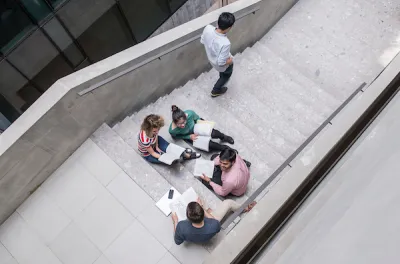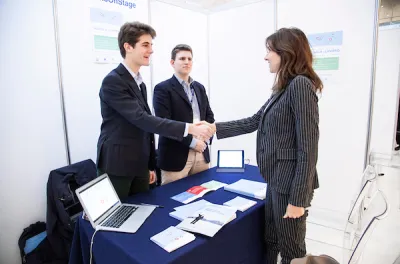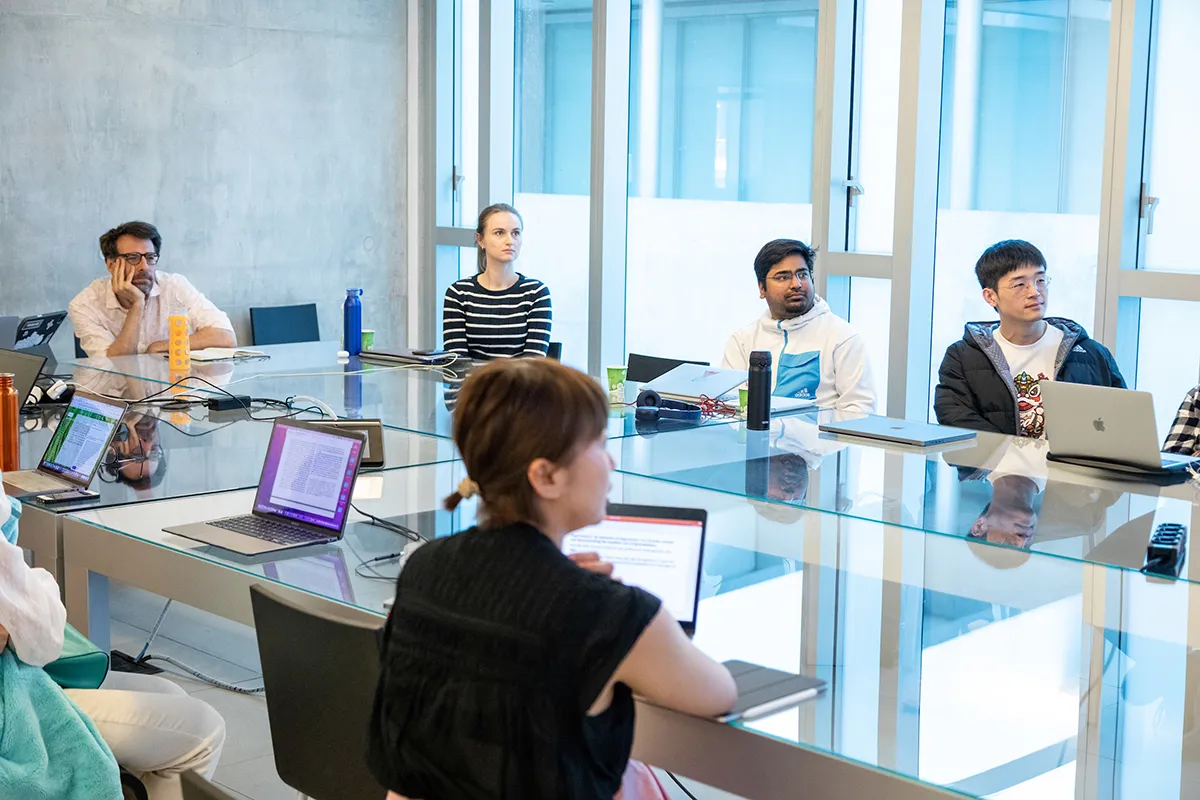PhD in Economics and Finance

Curriculum Coordinator Finance
Prof. Mariano Massimiliano Croce
Curriculum Coordinator Economics
Prof. Michela Carlana
Curriculum Coordinator Accounting
Prof. Prencipe Annalisa
PhD Program Officers
Angela Baldassarre
Welcome to Bocconi PhD in Economics and Finance.
We designed our program for highly qualified and motivated students who wish to acquire world-class research skills and pursue academic careers in economics, finance, and accounting.
The program is multidisciplinary in nature and features three tracks (curricula):
Economics, Finance, and Accounting – linked by a common core.
The program comprises two year of structured course work followed by guided transition into research. Bocconi places high weight on advising, mentoring and supporting students throughout their studies, and especially in preparation for the international job market.
Our PhD classes benefit from the interaction among students from all over the world, with backgrounds not only in economics, finance and accounting, but also other quantitative disciplines such as engineering, mathematics, physics and statistics.
Faculty members are highly performing in terms of international publications and are active members of the international community. They publish in or serve on the editorial boards of leading research journals, such as American Economic Review, Econometrica, Journal of Econometrics, Journal of Economic Theory, Journal of Finance, Journal of Monetary Economics, Journal of Political Economy, Mathematical Finance, Quarterly Journal of Economics, Review of Economic Studies, The Accounting Review, Review of Accounting Studies, European Accounting Review and many others. Faculty members have been and currently are the recipients of prestigious competitive grants (e.g., by the European Research Council and the National Science Foundation in the United States).
The PhD program is designed to prepare and foster an academic career on the international job market. Other career opportunities include central banks, governments and international organizations. In recent years, our students have been hired by prestigious schools and organizations such as:
- University of Alicante
- Boston University
- University of Bristol
- Copenhagen Business School
- Harvard University Kennedy School of Government
- Harvard School of Public Health
- Higher School of Economics, Moskow
- London Business School
- London School of Economics
- Toulouse School of Economics
- Queen Mary University
- Xiamen University
- Bank of England
- Bank of Italy
- National Bank of New Zealand
Following the links on the left-hand side of this page, you will be able to access full info on the program.
Find out more on how to apply and the admissions process.
Evolution of the program
- a.y. 2000-01: establishment of the PhD in Economics (in English);
- a.y. 2006-07: establishment of the PhD in Finance (in English);
- a.y. 2010-11: merging of the PhD in Economics and the PhD in Finance (in English) into a single PhD program, organized in two curricula;
- a.y. 2020-21: reorganization into three curricula, Economics, Finance and Accounting (in English).





